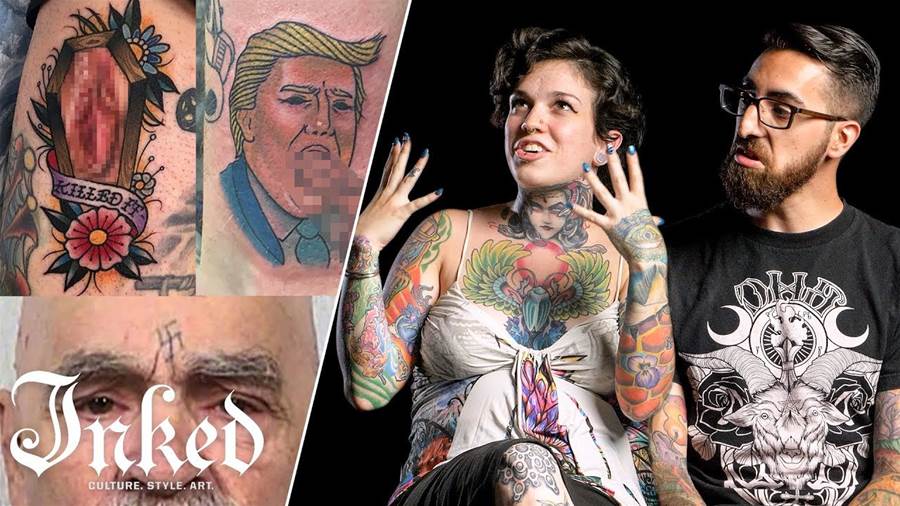

Tattoo Artists Share Their Views on Controversial Tattoos
This article explores the thoughts and opinions of tattoo artists regarding controversial tattoos. The artists provide insights into their experiences, challenges, and personal beliefs when it comes to creating and endorsing tattoos that may be deemed controversial by society.
Controversial tattoos are subjective and can vary depending on cultural, moral, and personal values. Tattoo artists are often faced with requests to ink designs that may provoke strong reactions or spark debates. Understanding how these artists approach such requests can shed light on their perspective and the inner workings of the tattoo industry.
One tattoo artist, interviewed for the article, explains that he evaluates each controversial tattoo request on a case-by-case basis. He considers factors such as the client's intention and the potential impact of the design on their lives. If the artist believes that a proposed tattoo could generate regret or negative consequences for the client, they may advise against it.
Another artist highlights the importance of open communication with clients. They emphasize the need to engage in dialogues that allow them to understand the meaning behind the tattoo and the reasons behind the client's request.
By doing so, they can provide guidance and suggestions that align with the client's values while ensuring the tattoo remains a positive reflection of their identity.
However, tattoo artists also face challenges when deciding whether to create controversial tattoos. While they strive to respect their clients' desires and creativity, they are mindful of societal backlash and potential judgments. Some artists express concerns about being associated with tattoos that convey hate speech, racism, or offensive imagery. These professionals want to strike a balance between supporting their clients' wishes and upholding ethical standards.
Moreover, the tattoo artists interviewed discuss the impact of their own personal beliefs on their work. Some artists admit that they decline requests for controversial tattoos that conflict with their values. However, they also acknowledge that each artist has their own boundaries and what may be considered controversial to one artist may not be to another.
The article also acknowledges the role of tattoo artists in educating clients about the potential consequences of controversial tattoos. They have an opportunity to guide clients towards more meaningful and positively impactful designs. By suggesting alternative concepts or encouraging discussions about uncomfortable topics, tattoo artists can help clients make informed decisions about their body art.
In conclusion, this article provides insights into how tattoo artists approach and navigate controversial tattoo requests. It highlights the importance of evaluating each request individually, engaging in open communication with clients, and maintaining personal and ethical boundaries. Ultimately, tattoo artists play a significant role in educating clients and guiding them towards creating tattoos that align with their values and promote positive self-expression.
